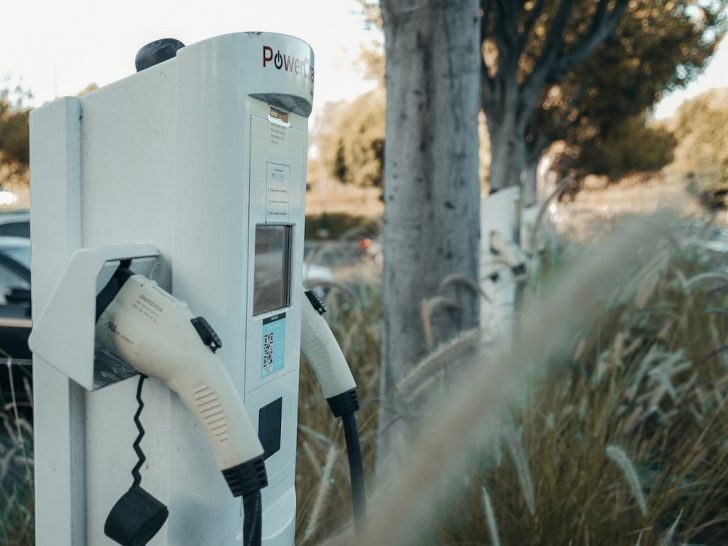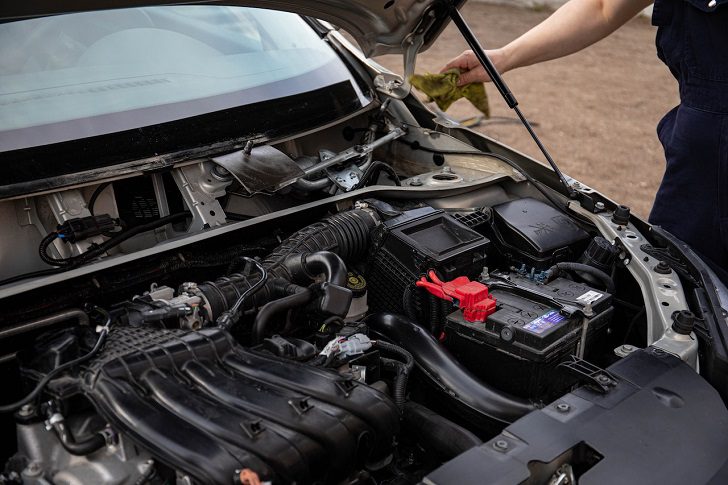Continual advancements in battery technology have transformed electric vehicles (EVs) into a promising solution for combating climate change and diminishing our reliance on fossil fuels. A crucial component that powers these vehicles is the electric car battery. As technology advances and consumer interest grows, it's important to understand the key aspects of electric car batteries. This article will delve into all you need to know about these remarkable power sources.
Battery Types
Electric car batteries come in various types, with lithium-ion (Li-ion) batteries being the most common. Li-ion batteries balance energy density, power, and cycle life. They are used in various EVs, from compact city cars to high-performance luxury vehicles.
Another type gaining popularity is solid-state batteries. Solid-state batteries promise higher energy density, faster charging, and longer lifespan than traditional Li-ion batteries. However, they are still in the early stages of development and are not widely available in commercial EVs.

Kindel Media/ Pexels | Charging infrastructure is the lifeline of electric vehicles, connecting them to a cleaner and greener tomorrow.
Battery Chemistry
Understanding the chemistry behind electric car batteries can help in assessing their performance. Li-ion batteries consist of a cathode, an anode, an electrolyte, and a separator. The most common cathode materials are lithium iron phosphate (LiFePO4), lithium manganese oxide (LiMn2O4), lithium nickel cobalt manganese oxide (LiNiMnCoO2), and lithium nickel cobalt aluminum oxide (LiNiCoAlO2).
The choice of cathode material affects the battery's energy density, cycle life, and cost. For example, LiFePO4 batteries are known for their long cycle life but have lower energy density than NMC or NCA batteries.
Range and Energy Density
An electric car's range primarily hinges on the energy density of its battery. Energy density gauges the amount of energy a battery can hold per unit of weight or volume. Batteries with higher energy density can store more energy, empowering EVs to travel greater distances on a single charge.
Advancements in energy density have significantly contributed to expanding the range of electric cars. With progressing battery technology, we anticipate even further travel capabilities for EVs on a single charge.
Charging Infrastructure
One of the challenges of electric vehicles is the availability of charging infrastructure. Charging an EV is not as convenient as refueling a gas-powered car, but the situation is steadily improving. Public charging stations are becoming more common, and fast-charging networks are expanding.

Sergey Meshkov/ Pexels | Fast charging technology is revolutionizing EVs, making them faster, smarter, and more sustainable for the long haul
Charging times vary depending on the charger's power level and the vehicle's battery capacity. Level 1 chargers (110V) are the slowest, taking many hours to charge a depleted battery fully. Level 2 chargers (240V) are faster and can charge a typical EV overnight. DC fast chargers are the quickest, providing a significant charge in as little as 30 minutes.
Battery Degradation
Like all batteries, electric car batteries degrade over time. Factors such as temperature, depth of discharge, and charging patterns can affect the degradation rate. However, automakers are continuously working to improve battery durability.
To address degradation, some manufacturers offer warranties that cover a certain percentage of battery capacity for a specific number of years or miles. This provides peace of mind to EV owners concerned about long-term battery health.
Recycling and Sustainability
The environmental impact of electric car batteries is a topic of concern. While EVs produce zero tailpipe emissions, the production and disposal of batteries have environmental implications. To mitigate this, the industry is focusing on battery recycling and sustainability.
Recycling can recover valuable materials from used batteries, reducing the need for new raw materials and lowering the environmental footprint. Additionally, manufacturers are exploring ways to make batteries more sustainable by using recycled materials and designing batteries for easier disassembly and recycling.

Lara Jameson/ Pexels | Recycling electric car batteries is the bridge between eco-conscious driving and a sustainable future
Cost Considerations: Evolution of Electric Car Batteries
Electric car batteries have historically served as a substantial cost component in EV production. However, owing to technological advancements and economies of scale, the cost of batteries has seen a consistent decline over time. Consequently, the purchase price of electric vehicles is increasingly aligning with the competitiveness of traditional internal combustion engine vehicles.
Government incentives, tax credits, and subsidies further bolster the affordability of EVs for consumers. Considering the overall cost of ownership, which encompasses savings on fuel and maintenance, electric cars often emerge as a financially appealing choice.
Future Developments: Transformative Trends in Battery Technology
The landscape of electric car batteries remains in a constant state of evolution. Researchers are actively exploring novel materials and chemical compositions to enhance energy density, charging speed, and durability. Solid-state batteries stand out for their substantial potential, capable of revolutionizing the industry once they achieve commercial viability.
Moreover, continuous advancements in battery management systems and thermal management technologies play a pivotal role in enhancing safety measures and overall battery performance. As technology continues to progress, the trajectory points toward electric cars becoming increasingly accessible, efficient, and environmentally friendly.









